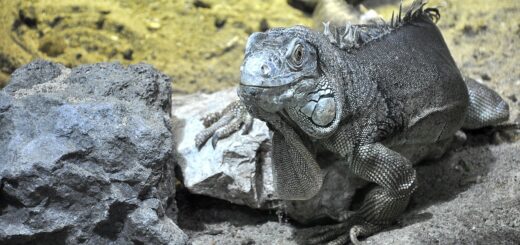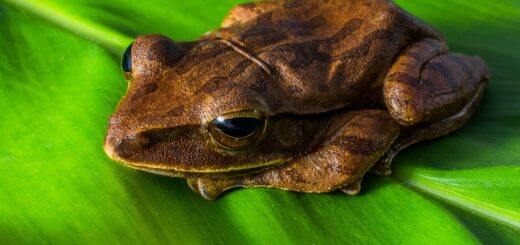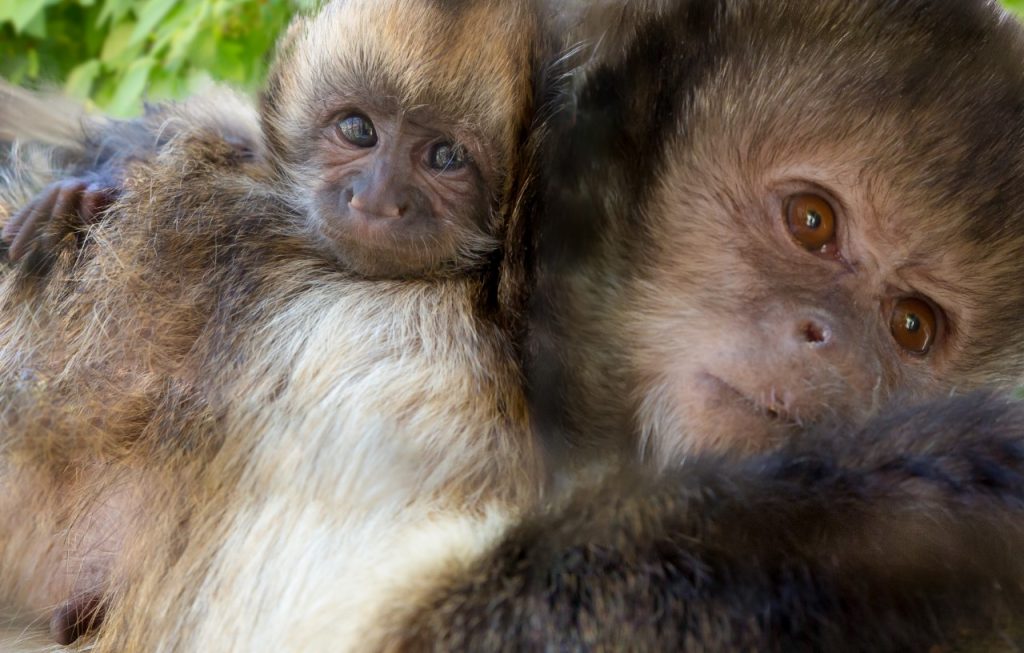A fecal capsule a day keeps the dysbiosis away: a case study on oral-fecal microbiota transplant in Linne’s two-toed sloth (Choloepus didactylus)
Citation
Eschweiler KM, Sanders DE, Rengh E, and Patson C. 2023. A fecal capsule a day keeps the dysbiosis away: a case study on oral-fecal microbiota transplant in Linne’s two-toed sloth (Choloepus didactylus). In Brooks M, Fidgett A, Kendrick E, Treiber K Eds. Proceedings of the Fifteenth Conference on Zoo and Wildlife Nutrition, Zoo and Wildlife Nutrition Foundation and AZA Nutrition Advisory Group, Hybrid.
Abstract
Prolonged gastrointestinal microbiome (GIM) dysbiosis can have long-term effects on animal health. In human-managed settings, animals may be exposed to varying anti-microbial drugs for treatments throughout their lives that their wild counterparts are not. These compounds can cause dysbiosis of the GIM diversity and some individual’s GIM do not recover to a healthy, stable state. This dysbiosis typically leads to a reduction of the alpha diversity of the GIM and shifted beta diversity of the genera remaining in the GIM. These shifts can lead to poor gut health, poor fecal quality, and reduced capability to digest a species-typical diet. In the human medical and domestic veterinary fields, this GIM dysbiosis and related diseases (e.g., Clostridium difficile infection, irritable bowel syndrome, and irritable bowel disease) have been treated with fecal microbiota transplantation (FMT) with success (Brandt, 2012; Bibbo, 2020; Thacher et al., 2023). The following work is a presented case study on the use of oral FMT in a Linne’s two-toed sloth (Choloepus didactylus) to treat GIM dysbiosis. A donor sloth was determined from another zoological institution, following the donor screening protocol used in the human medical field, and fresh samples were collected within 30 minutes of defecation and stored within a -80°C freezer until transport (Bibbo, 2020). Once shipped, the samples and subsequent fecal-loaded capsules were kept in the -80°C freezer until the time of administration. Samples from the donor sloth and the sloth to be treated were both sent to MiDog LLC (Tustin, CA) a pet microbial testing facility, to determine alpha and beta diversity. Following the protocols presented by Thacher et al. (2023), at the Smithsonian Institute, the individual at Fresno Chaffee Zoo was treated with 1 capsule, 2 times a day, originally at a 14-day bid (Thacher et al., 2023). Post-treatment, another sample from the treated sloth was sent to MiDog LLC. The individual’s fecal quality and GIM alpha and beta diversity improved for a 2-month period before fecal quality began to decline again. This decline in fecal quality was expected based on previous work that a single treatment was insufficient to maintain a long-term healthy, stable state of the GIM (Thacher et al., 2023). A second round of treatment (2 capsules per day for 30 days) has started. Results are pending at the time of this abstract but, based on previous work, a third round may be needed.
 09_Eschweiler.pdf 15 KB
09_Eschweiler.pdf 15 KB








